My First $1 Million: Oil and Gas Retiree, 67, Round Rock, Texas
"It took 25 years for the first $1 million, six years for the second million and three to four for each after that."

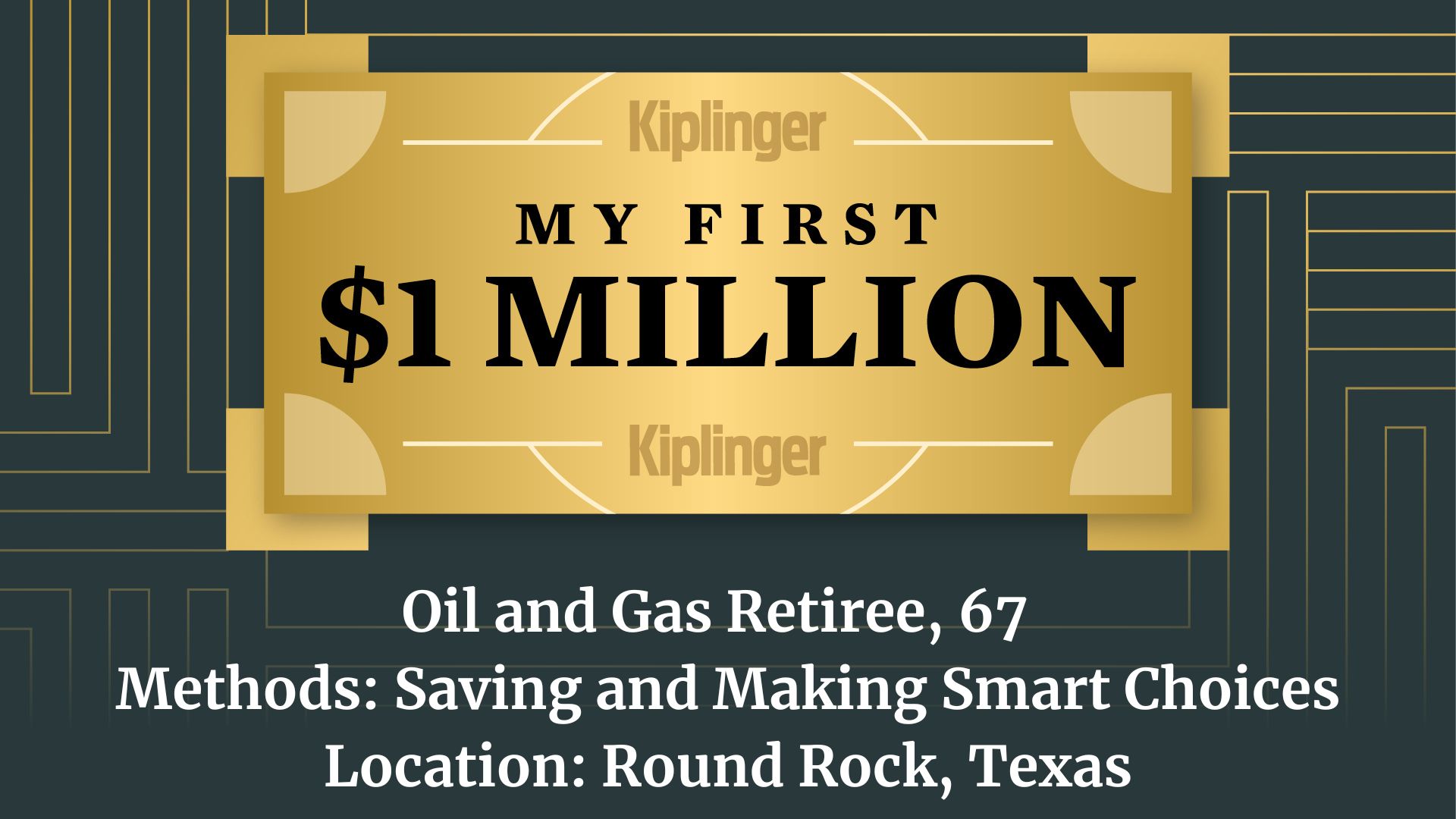
Profit and prosper with the best of Kiplinger's advice on investing, taxes, retirement, personal finance and much more. Delivered daily. Enter your email in the box and click Sign Me Up.
You are now subscribed
Your newsletter sign-up was successful
Want to add more newsletters?
Welcome to Kiplinger's My First $1 Million series, in which we hear from people who have made $1 million. They're sharing how they did it and what they're doing with it. This time, we hear from a widowed 67-year-old retiree in Round Rock, Texas. She was an oil and gas accounting manager and grew up in Austin.
See our earlier profiles, including a writer in New England, a literacy interventionist in Colorado, a semiretired entrepreneur in Nashville and an events industry CEO in Northern New Jersey. (See all of the profiles here.)
Each profile features one person or couple, who will always be completely anonymous to readers, answering questions to help our readers learn from their experience.
From just $107.88 $24.99 for Kiplinger Personal Finance
Become a smarter, better informed investor. Subscribe from just $107.88 $24.99, plus get up to 4 Special Issues

Sign up for Kiplinger’s Free Newsletters
Profit and prosper with the best of expert advice on investing, taxes, retirement, personal finance and more - straight to your e-mail.
Profit and prosper with the best of expert advice - straight to your e-mail.
These features are intended to provide a window into how different people build their savings — they're not intended to provide financial advice.
THE BASICS
How did you make your first $1 million?
We got married right out of college. We both worked and always saved every year. Most of every raise went into savings.
We opened an IRA as soon as we were eligible. We contributed the max to our 401(k)s and then our IRAs.
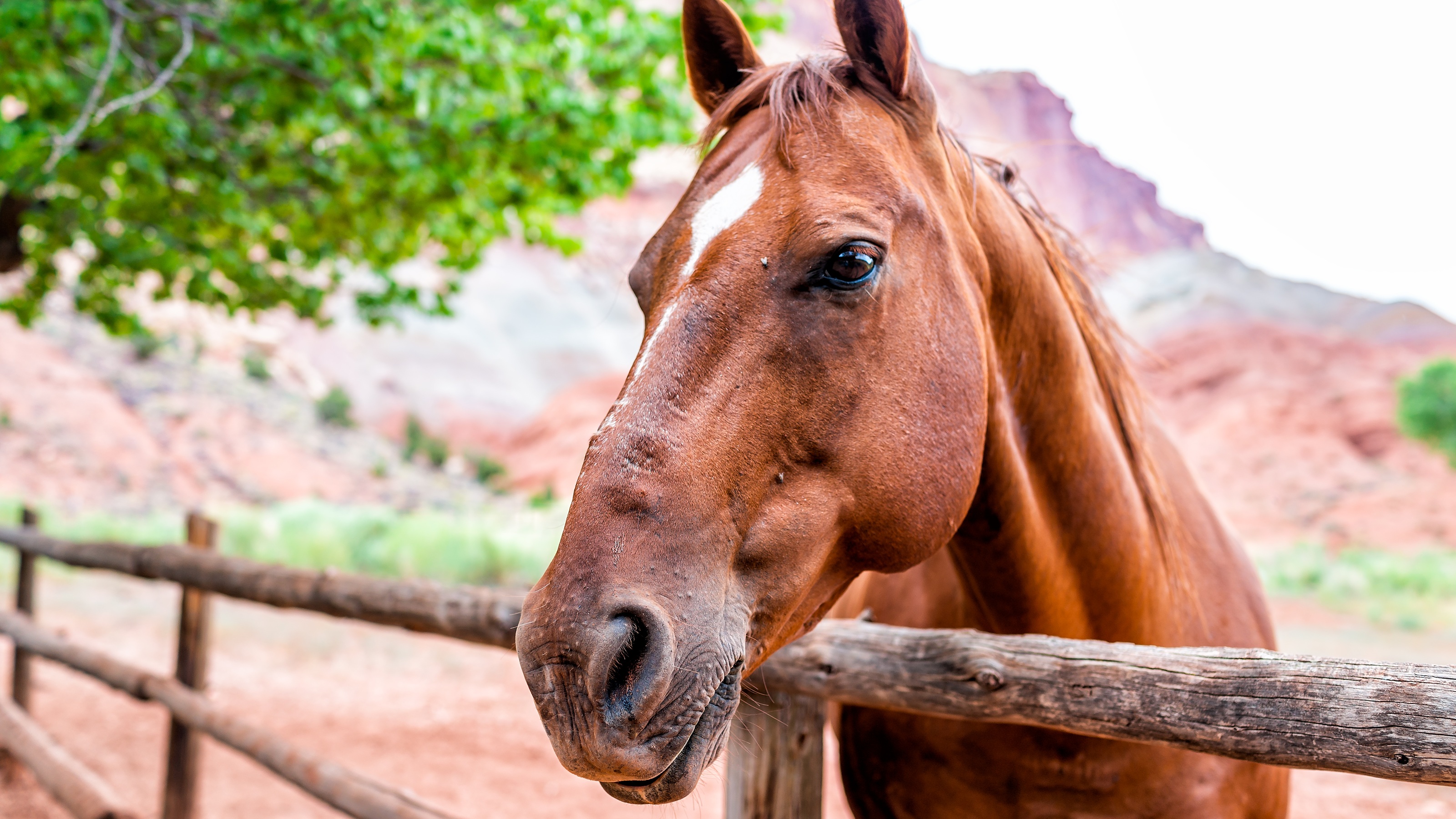
The first decade together, we took vacations to visit family and to my dad's ranch, so the expenses were low. We bought cars and houses that were perfectly fine, but not fancy.
My husband was handy and always made good improvements to each house we lived in.
Our only loans were for houses and cars. We paid off our credit cards every month.
We were buy-and-hold investors with the more staid investments. I still hold a good dividend-paying stock we bought in 2004.
We gambled on riskier stocks with no more than 5% of our investments.
What are you doing with the money?
The bulk of it went into investments, primarily mutual funds. We were blue-jean kind of people, so living the high life really wasn't of much interest to us.
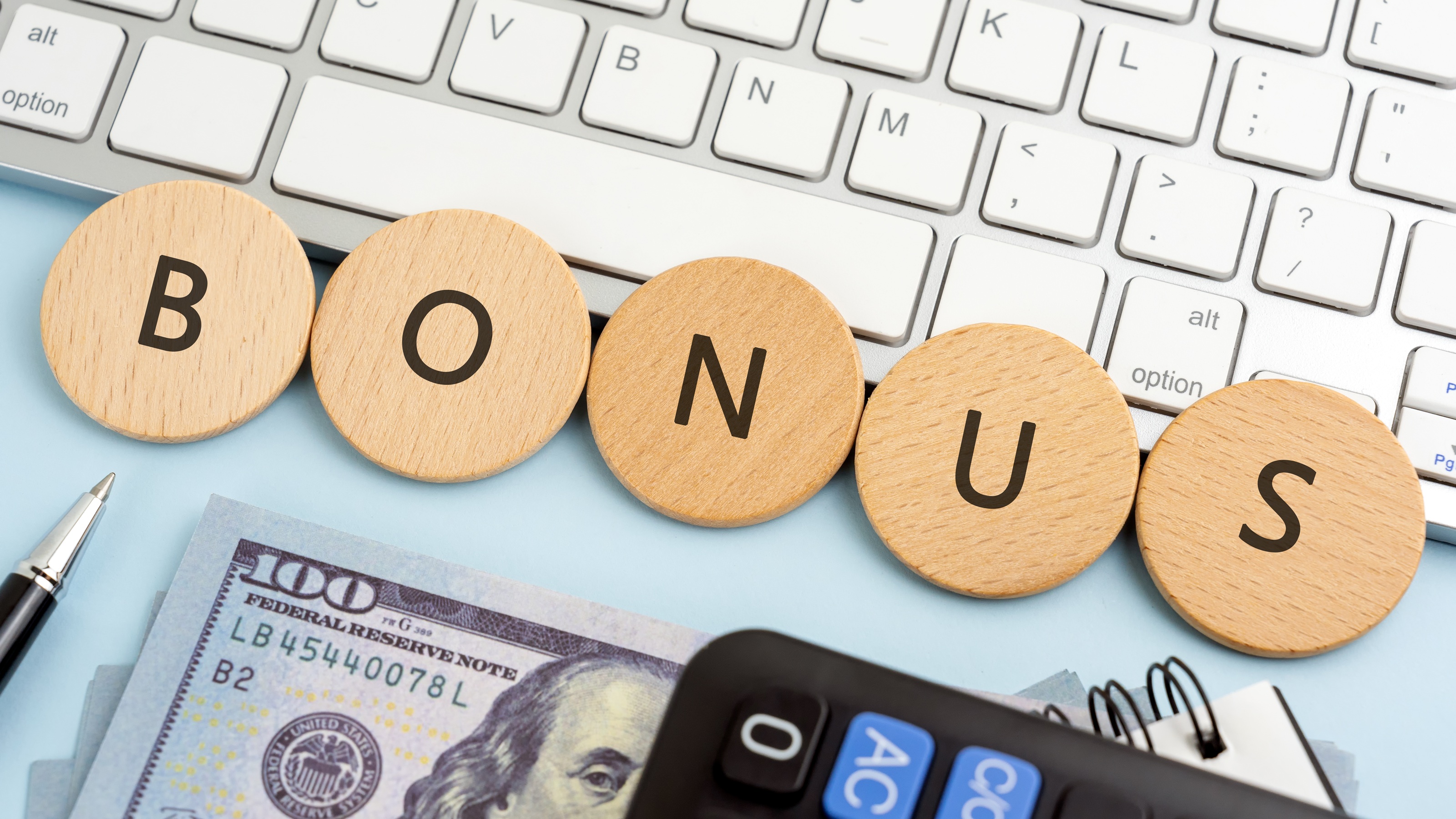
We earmarked his annual bonus for doing something lavish and fun, both before and after the first million.
THE FUN STUFF
Did you do anything to celebrate?
We didn't really notice. It was a slow and steady climb through the years. Being worth $1 million wasn't any different than being worth $999,000.
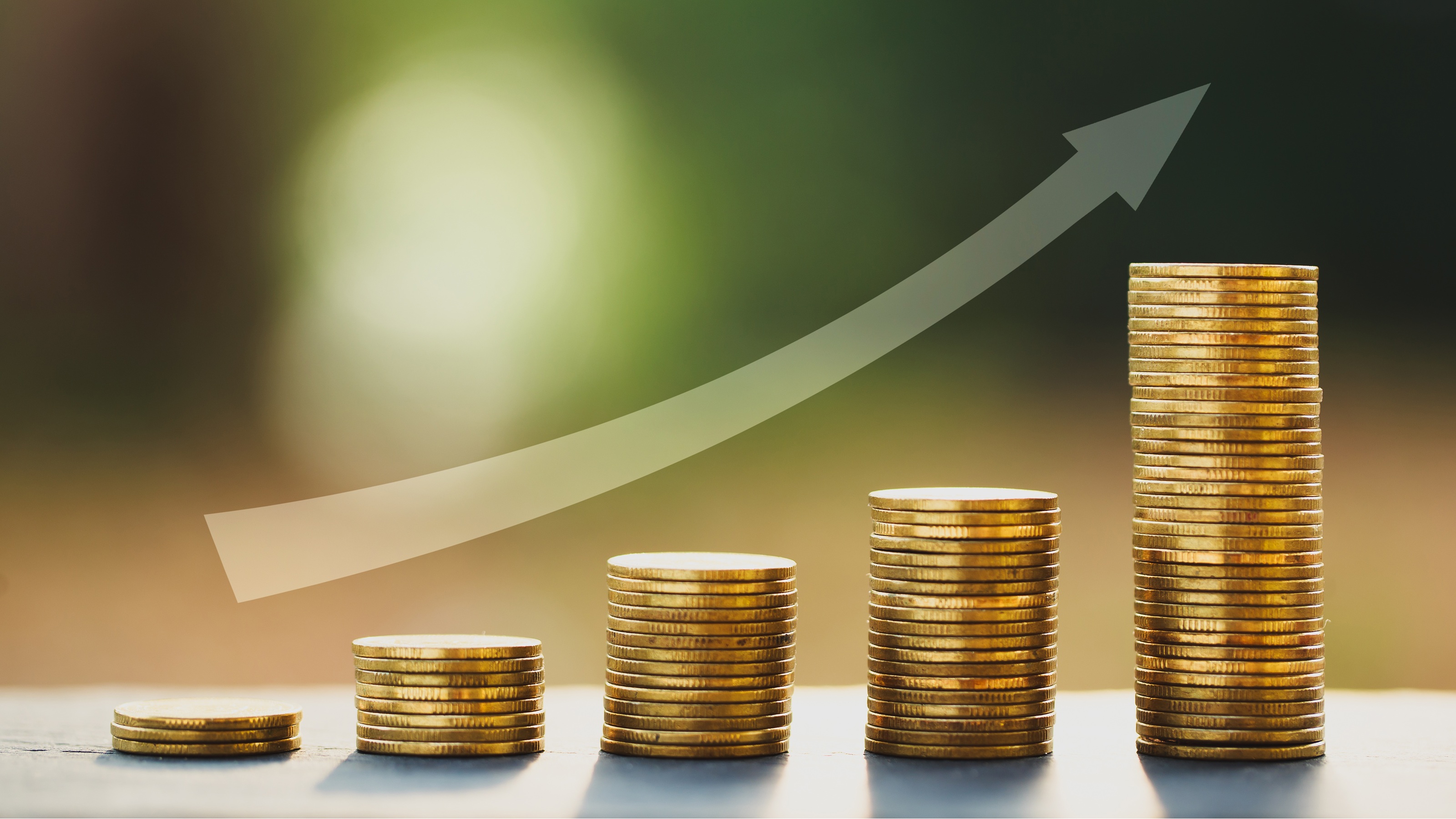
And if most of your net worth is in the stock market, (you're a) millionaire last month, not a millionaire last week, a millionaire yesterday, not one today …
Does anyone know you're a millionaire?
It's not anyone else's business. My neighbors would be astonished at my net worth. I doubt if my siblings even have a clue how wealthy I am.
My children know my net worth is north of $1 million, but not how far north. I want them to be prepared to manage what they inherit, but I don't want them to think they don't need to strive now because their retirement will be inherited.
What is the best part of making $1 million?
Less stress and worry about meeting needs and emergency situations.
Did your life change?
It was cool to break that barrier, but it didn't change our lives at all. We still lived a middle-class lifestyle and enjoyed it.

Health made the most change. After a bad cancer diagnosis, but good outcome, we started living differently. We took up scuba diving and had Caribbean vacations every year. We bought a third car (a Miata) for fun.
We were beyond the $1 million mark at that point, so we had the financial freedom to change our lives. The million made it possible, but realizing our mortality is what changed us.
Did you retire early?
I retired at age 51 and my husband at 56. He left about $500,000 on the table from stock options and salary by not working an additional six months.

Working was no longer fun, and that was more important than the extra money.
LOOKING BACK
Anything you would do differently?
I would loosen the purse strings sooner. We took nice vacations, had nice cars, did enjoyable things, but we could have taken more expensive vacations, occasionally flown first class and dined at fine restaurants more often.
My husband died unexpectedly at age 63. It wasn't until that happened that I really realized that I don't want to be the wealthiest person in the cemetery. I'm taking really nice vacations, but I wish we had done them together.
Did you work with a financial adviser?
No. I was always interested in the stock market and enjoyed handling it myself.
LOOKING AHEAD
Plans for your million?
I'm spending more on vacations and doing things in life. I'm being more generous to my causes and my family.
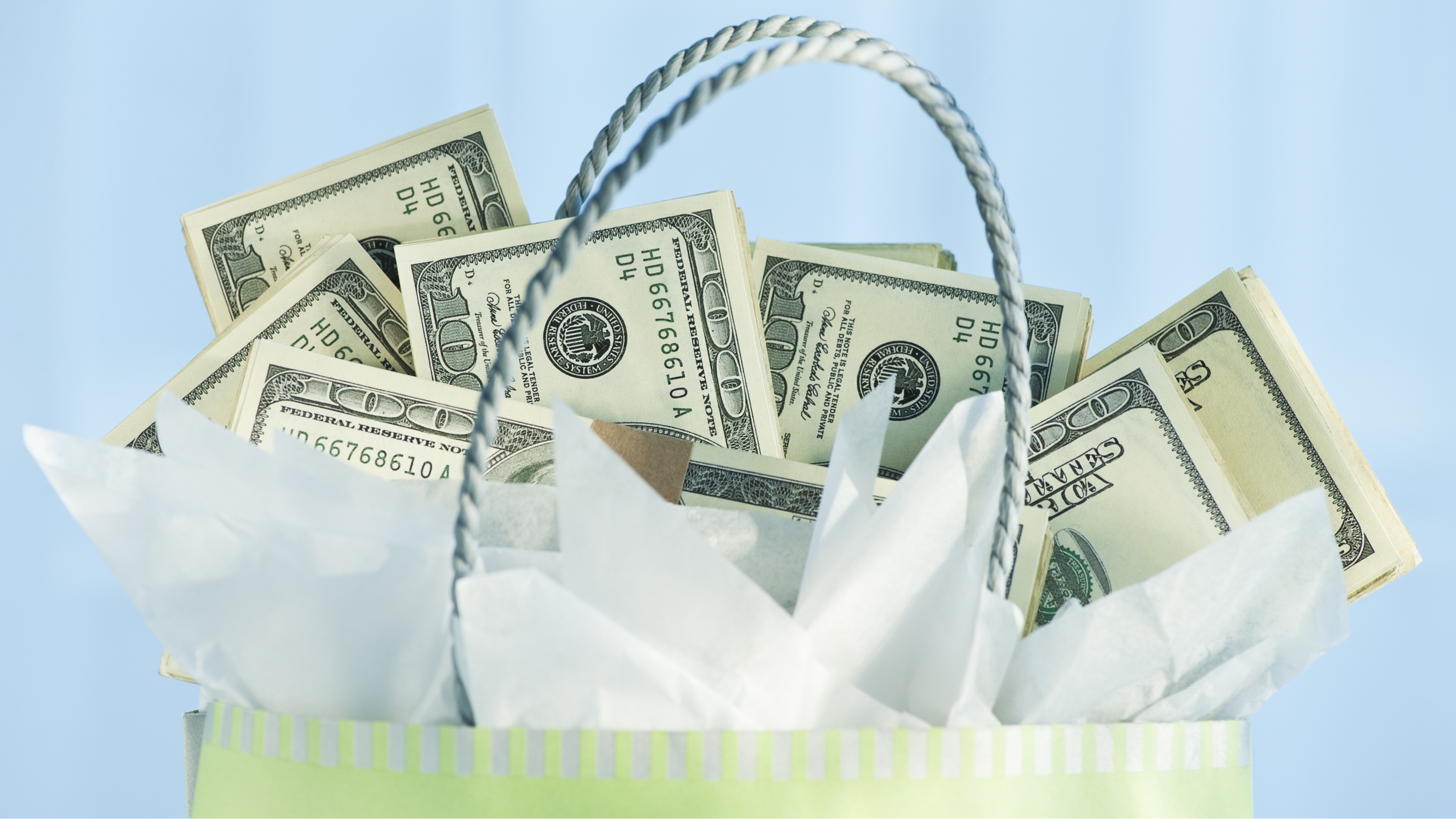
It's been a real struggle to break out of the mindset of saving, but I'm working hard at using my money to enjoy my life and make it better for others.
How long did it take to make your second million?
It took 25 years for the first $1 million, six years for the second million and three to four for each after that.
Any advice for others trying to make their first $1 million?
If you can't afford to pay cash for it, really think about whether you need it or just want it.
Do you have an estate plan?
Yes. Will, durable power of attorney, medical power of attorney, living will, HIPAA authorization, direction for disposition of remains, declaration of guardian in case of incapacity and anatomical gift form.

I also have a binder with all this information, list of contacts, list of passwords, list of current assets, list of current invoices (when due, how received, how paid), funeral requests, information on how to handle inheriting the assets (how to roll over IRAs, timeline for RMDs, etc.) and just general information that will be useful to my children when I'm incapacitated or dead.
I handled my parents' trust and estate when they died, and everything after my husband died, so I know what will make the job easier for my children.
What do you wish you'd known …
When you first started saving? I was an accountant, so I already had a pretty good understanding of needing to get a cushion of savings to handle any bumps that came along.
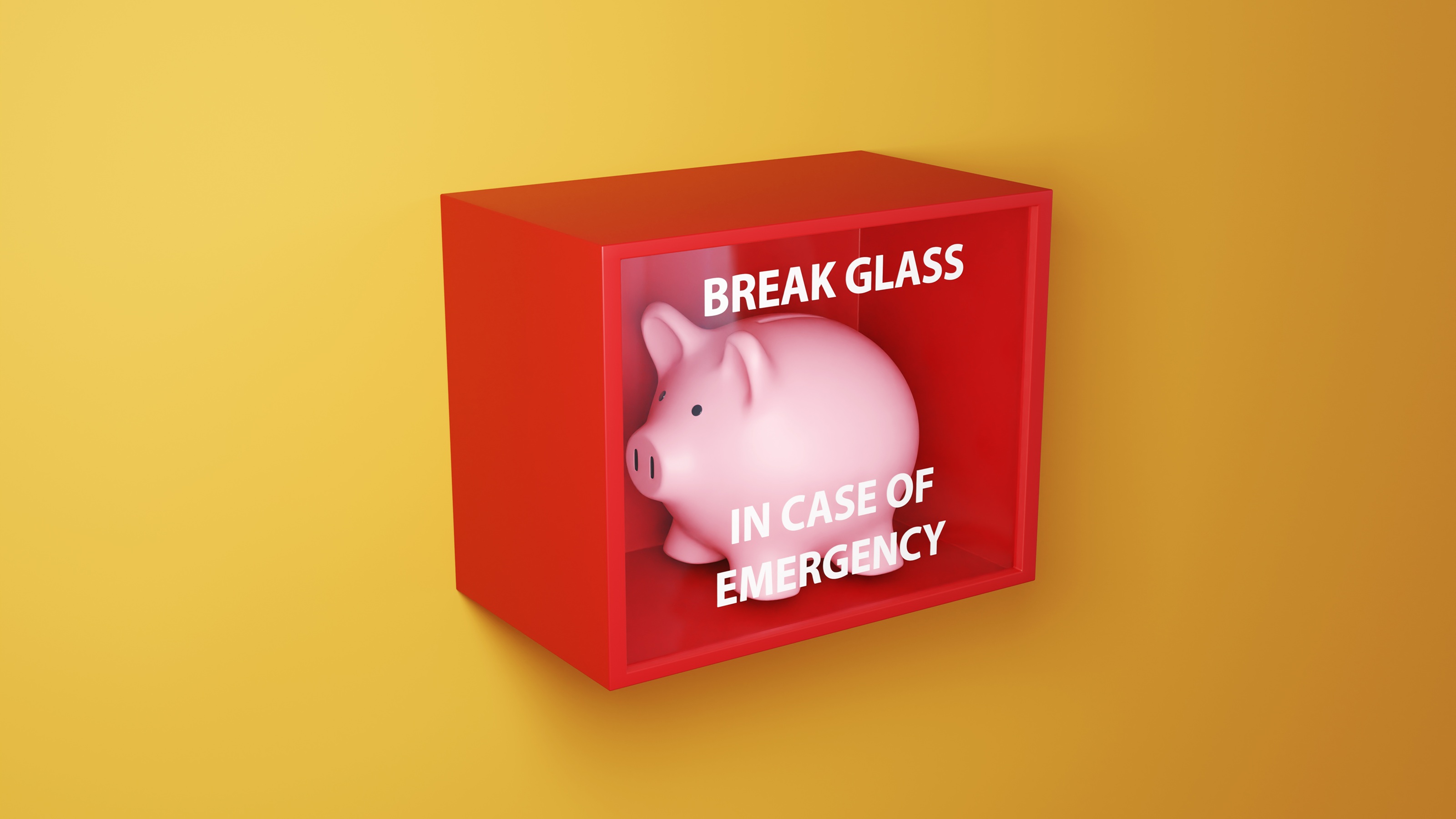
When you first started investing? How to research companies. I started out buying companies I personally knew, such as Toys R Us when the kids were small. We bought stock in a small publishing company that made pop-up books for kids. It actually tripled in value, but that was just dumb luck.
Before you retired? How busy I was going to be that first year and that I didn't have to try to get so much done immediately. I felt like I was working harder than when I was getting paid. But I was also enjoying it more.
If you have made $1 million or more and would like to be anonymously featured in a future My First $1 Million profile, please fill out and submit this Google Form or send an email to MyFirstMillion@futurenet.com to receive the questions. We welcome all stories that add up to $1 million or more in your accounts, although we will use discretion in which stories we choose to publish, to ensure we share a diversity of experiences. We also might want to verify that you really do have $1 million. Your answers may be edited for clarity.
RELATED CONTENT
- You're 62 Years Old With $1 Million Saved: Can You Retire?
- Want to Earn $1 Million More Over Your Lifetime? Do This
- Do You Have at Least $1 Million in Tax-Deferred Investments?
- Are You Rich? U.S. Net Worth Percentiles Can Provide Answers
- Compare Your Net Worth by Age
Profit and prosper with the best of Kiplinger's advice on investing, taxes, retirement, personal finance and much more. Delivered daily. Enter your email in the box and click Sign Me Up.
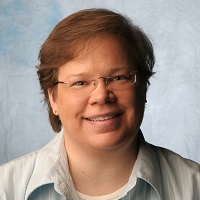
As Contributed Content Editor for the Adviser Intel channel on Kiplinger.com, Joyce edits articles from hundreds of financial experts about retirement planning strategies, including estate planning, taxes, personal finance, investing, charitable giving and more. She has more than 30 years of editing experience in business and features news, including 15 years in the Money section at USA Today.
-
 4 High-End Experiences Worth the Splurge After 50
4 High-End Experiences Worth the Splurge After 50These curated date ideas provide the perfect backdrop for couples ready to enjoy the very best that the world has to offer.
-
 Health Care Stocks Have Sagged. Can You Bet on a Recovery?
Health Care Stocks Have Sagged. Can You Bet on a Recovery?The flagging health care sector has perked up a bit lately. Is it time to invest?
-
 Costco's Auto Program: Can Membership Pricing Really Save You Money on a Car?
Costco's Auto Program: Can Membership Pricing Really Save You Money on a Car?Costco's Auto Program can simplify the car-buying process with prearranged pricing and member perks. Here's what to know before you use it.
-
 What Is an Assumable Mortgage and Could It Save You Thousands?
What Is an Assumable Mortgage and Could It Save You Thousands?With mortgage rates still elevated, taking over a seller’s existing home loan could lower monthly payments — if the numbers work.
-
 Have You Fallen Into the High-Earning Trap? This Is How to Escape
Have You Fallen Into the High-Earning Trap? This Is How to EscapeHigh income is a gift, but it can pull you into higher spending, undisciplined investing and overreliance on future earnings. These actionable steps will help you escape the trap.
-
 I'm a Financial Adviser: These 3 Questions Can Help You Navigate a Noisy Year With Financial Clarity
I'm a Financial Adviser: These 3 Questions Can Help You Navigate a Noisy Year With Financial ClarityThe key is to resist focusing only on the markets. Instead, when making financial decisions, think about your values and what matters the most to you.
-
 Where Olympians Store Their Medals is a Great Lesson For Your Valuables and Cash
Where Olympians Store Their Medals is a Great Lesson For Your Valuables and CashWhat you can learn about protecting your cash and values from where Olympians store their medals.
-
 An Executive's 'Idiotic' Idea: Skip Safety Class and Commit a Federal Crime
An Executive's 'Idiotic' Idea: Skip Safety Class and Commit a Federal CrimeSeveral medical professionals reached out to say that one of their bosses suggested committing a crime to fulfill OSHA requirements. What's an employee to do?
-
 How You Can Use the Financial Resource Built Into Your Home to Help With Your Long-Term Goals
How You Can Use the Financial Resource Built Into Your Home to Help With Your Long-Term GoalsHomeowners are increasingly using their home equity, through products like HELOCs and home equity loans, as a financial resource for managing debt, funding renovations and more.
-
 How to Find Free Money for Graduate School as Federal Loans Tighten in 2026
How to Find Free Money for Graduate School as Federal Loans Tighten in 2026Starting July 1, federal borrowing will be capped for new graduate students, making scholarships and other forms of "free money" vital. Here's what to know.
-
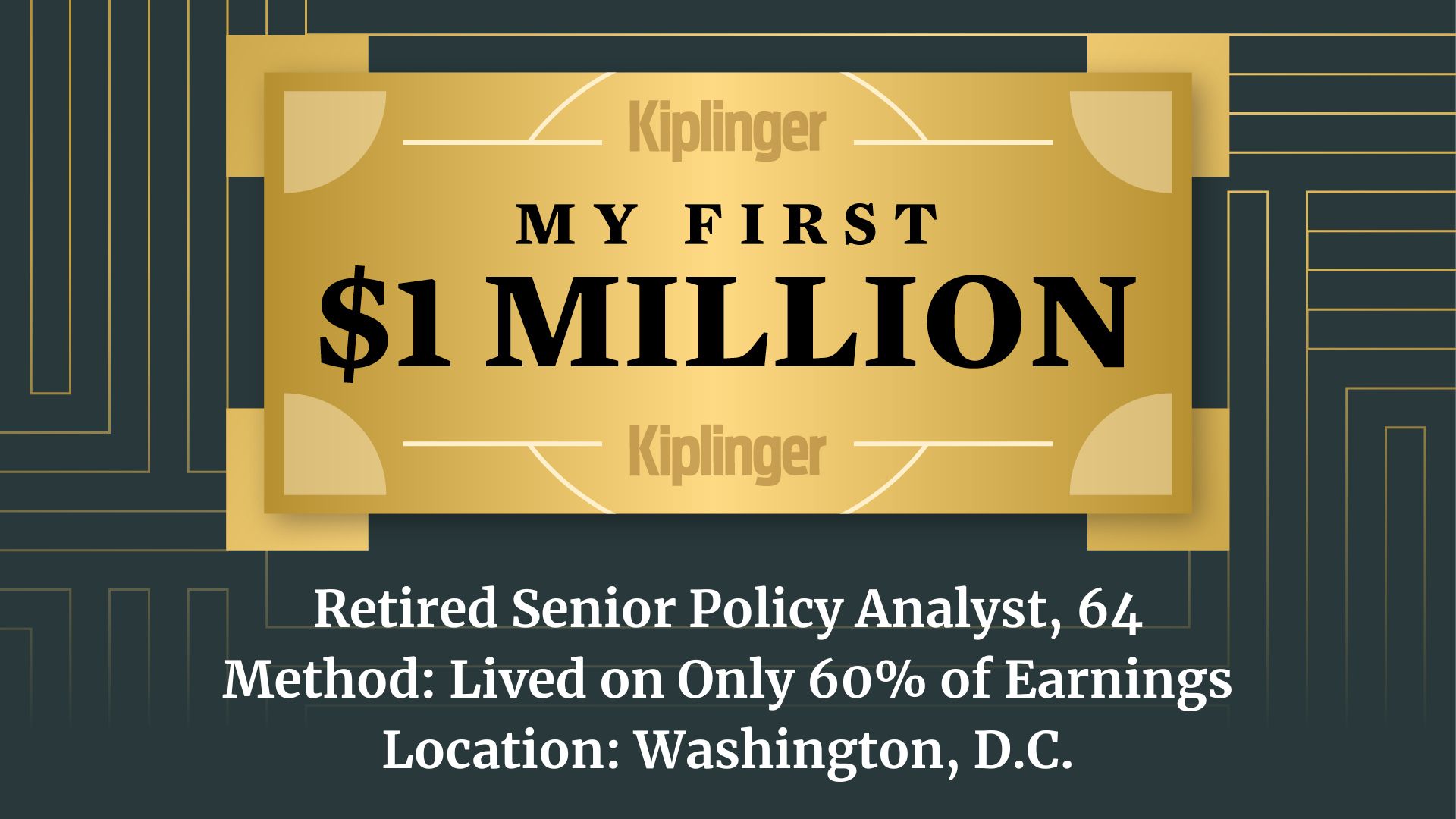 My First $1 Million: Retired Senior Policy Analyst, 64, Washington, D.C.
My First $1 Million: Retired Senior Policy Analyst, 64, Washington, D.C.Ever wonder how someone who's made a million dollars or more did it? Kiplinger's My First $1 Million series uncovers the answers.